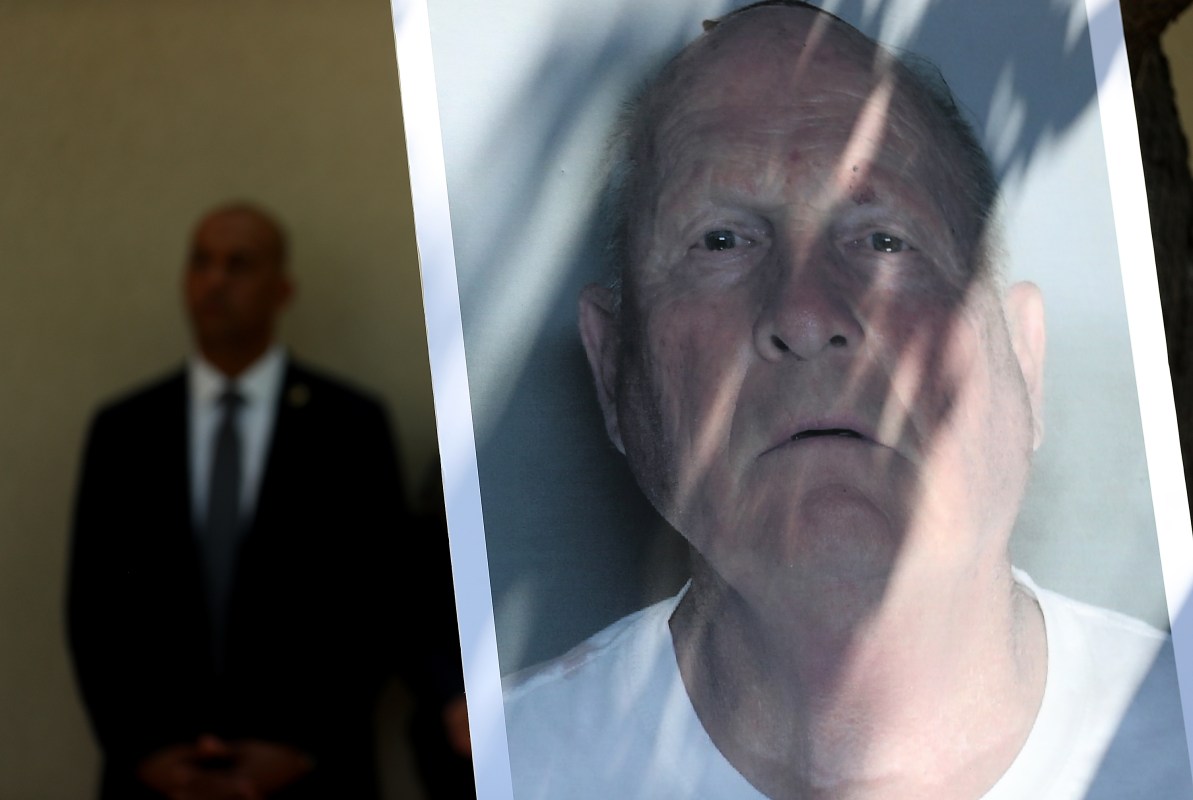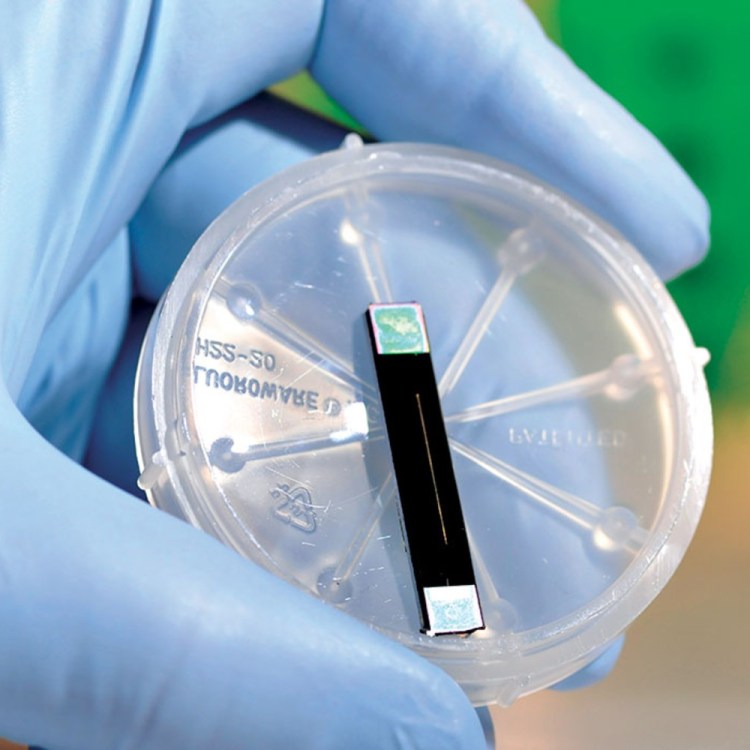To catch the suspected Golden State Killer, the ex-policeman they believe terrified California decades ago, investigators used a genealogical website. They are calling the technique ground-breaking, but others are raising legal and privacy concerns for the millions of people who submit their DNA to such sites to learn more about their heritage. There are not strong privacy laws to keep police from using these ancestry sites, said Steve Mercer, the chief attorney for the forensic division of the Maryland Office of the Public Defender, according to AP.
“People who submit DNA for ancestors testing are unwittingly becoming genetic informants on their innocent family,” Mercer said to AP, adding that they “have fewer privacy protections than convicted offenders whose DNA is contained in regulated databanks.”
On Tuesday, Joseph James DeAngelo, 72, was arrested after investigators matched crime-scene DNA with genetic material stored by a distant relative on an online site. Investigators then narrowed it down to DeAngelo using DNA obtained from material he’d discarded. Authorities have denied to name the site, but Ancestry.com and 23andMe, two of the biggest, said they were not involved.
Thanks for reading InsideHook. Sign up for our daily newsletter and be in the know.

















